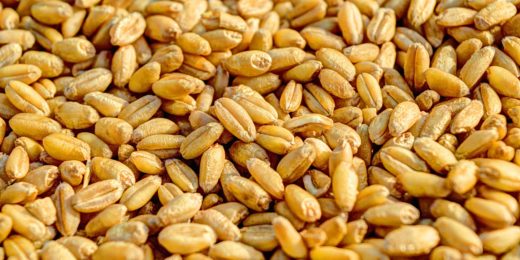A secondary analysis of a diet study showed that low-carbohydrate dieters who consumed the most saturated fats had better levels of lipids in their blood.
Category: Nutrition
Giving kids honest information about water consumption may help them make healthy choices
A study led by a Stanford Business researcher at four schools in Panama explores the best way to persuade kids to drink more water.
Busting myths about milk
Stanford nutrition scientist Christopher Gardner discusses the many forms of milk and addresses the biggest misconceptions.
Is nutrition research dependable? Stanford’s John Ioannidis weighs in
John Ioannidis recommends a change to the standards of nutrition research studies, suggesting that, as they stand, the results are fairly unreliable.
Links between birth weight and adult metabolic health examined in new Stanford study
Over the last 30 years, a growing body of epidemiological research has suggested that poor nutrition in pregnancy hurts the baby by setting metabolism to a “thrifty” state that leads, decades later, to type 2 diabetes and heart disease.
Patient shares experience with celiac disease: It’s a serious autoimmune condition, but “not the end of the world”
In a video, Stanford Children's Health's Healthier, Happier Lives Blog introduces a patient with celiac disease and discusses the symptoms, diagnosis and treatment of the autoimmune disorder.
Family food rules can significantly improve teens’ independent food choices
Household guidelines and rules related to food help teenagers eat healthier away from home, new Stanford research suggests.
Debating low-fat vs low-carb diets? New study found a draw
A comparison of diets for weight loss for those with different levels of insulin and metabolic genes did not find a clear winner.
Ways to boost blood iron levels while eating a vegan or vegetarian diet
Updated April 18, 2022 If you eat a vegan or vegetarian diet, or if you're just aiming to keep your iron levels up, you probably …
Eating for good blood: Tips for boosting iron levels and hemoglobin
Approximately 10 percent of potential blood donors are turned away because of low iron. Here, a Stanford Blood Center writer offers tips for boosting a person's count.










